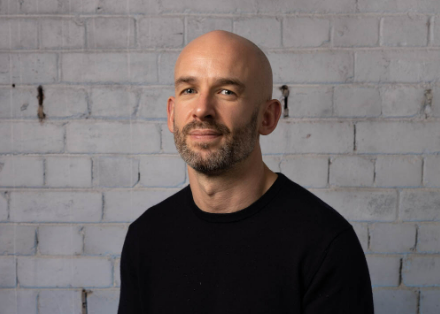Crikey to uphold new public interest defence in Murdoch defamation trial
Crikey has filed its defence against media mogul Lachlan Murdoch, revealing the online news outlet plans to use a new public interest defence law.
The CEO of Crikey’s publisher, Private Media, Will Hayward, laid out three key points of the publishers legal defence in a statement shared to the Crikey website.


